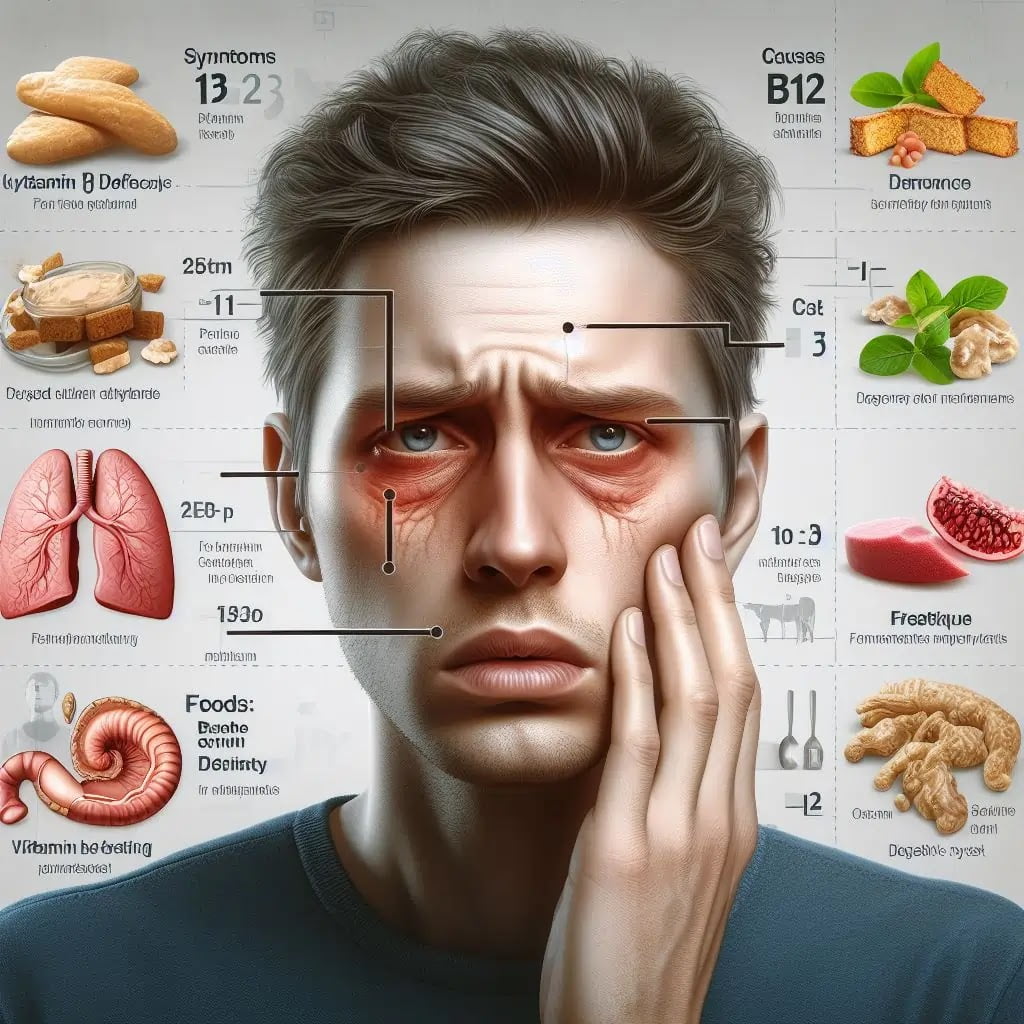Blood pressure is the force of blood pushing against the walls of your arteries as your heart pumps blood. High blood pressure, or hypertension, is when this force is too high and can damage your arteries, heart, brain, kidneys, and other organs. High blood pressure can cause serious health problems, such as heart attack, stroke, heart failure, kidney failure, and vision loss. Therefore, it is important to keep your blood pressure under control.
According to the American Heart Association, normal blood pressure is less than 120/80 mm Hg, where the first number is the systolic pressure (the pressure when the heart beats) and the second number is the diastolic pressure (the pressure when the heart rests). A blood pressure of 130/80 mm Hg or higher is considered high, and a blood pressure of 120-129 over less than 80 is considered elevated, which means you are at risk of developing high blood pressure.
If you have high blood pressure, your doctor may prescribe medication to lower it. However, medication is not the only way to lower your blood pressure. There are also many lifestyle changes and home remedies that can help you lower your blood pressure quickly and naturally. Here are some of the most effective ones:
Exercise regularly
Exercise is one of the best ways to lower your blood pressure, as it strengthens your heart and makes it more efficient at pumping blood. Exercise also helps you lose weight, which can reduce the strain on your arteries. Research suggests that both aerobic and resistance exercise can help lower your blood pressure by about 5 to 8 mm Hg. Aerobic exercise includes activities such as walking, jogging, cycling, swimming, or dancing. Resistance exercise includes activities such as lifting weights, doing push-ups, or using resistance bands. The Centers for Disease Control and Prevention (CDC) recommends doing at least 150 minutes of moderate-intensity exercise per week, or about 30 minutes a day, five days a week. You can also try high-intensity interval training, which involves alternating short bursts of intense activity with periods of lighter activity.
Eat a healthy diet
Eating a healthy diet can also help you lower your blood pressure, as it can provide you with essential nutrients, antioxidants, and fiber that can protect your blood vessels and lower inflammation. A healthy diet should include plenty of fruits, vegetables, whole grains, lean proteins, nuts, seeds, and low-fat dairy products, and limit saturated fat, trans fat, cholesterol, sodium, added sugar, and processed foods. One of the most well-known diets for lowering blood pressure is the Dietary Approaches to Stop Hypertension (DASH) diet, which emphasizes fruits, vegetables, low-fat dairy, whole grains, poultry, fish, and nuts, and reduces red meat, sweets, and salt. Studies have shown that following the DASH diet can lower your blood pressure by up to 11 mm Hg.
Reduce your sodium intake
Sodium is a mineral that helps regulate fluid balance and nerve and muscle function in the body. However, too much sodium can cause your body to retain water, which can increase your blood volume and blood pressure. The American Heart Association recommends limiting your sodium intake to no more than 2,300 mg per day, and ideally to 1,500 mg per day, especially if you have high blood pressure or are at risk of it. To reduce your sodium intake, you should avoid adding salt to your food, read nutrition labels, and choose low-sodium or sodium-free products, avoid processed foods such as canned soups, frozen meals, deli meats, and cheese, and use herbs, spices, vinegar, lemon juice, or other salt-free seasonings to flavor your food.
Increase your potassium intake
Potassium is another mineral that helps regulate fluid balance and nerve and muscle function in the body. Potassium also helps counteract the effects of sodium on blood pressure, by helping your kidneys excrete excess sodium and water. The American Heart Association recommends getting at least 4,700 mg of potassium per day from food sources, such as fruits, vegetables, beans, nuts, seeds, dairy, and fish. Some of the best sources of potassium include bananas, potatoes, tomatoes, spinach, avocado, yogurt, salmon, and nuts. However, if you have kidney problems or take certain medications, you should consult your doctor before increasing your potassium intake, as too much potassium can be harmful to some people.
Manage your stress levels
Stress is a normal and unavoidable part of life, but chronic or excessive stress can raise your blood pressure, as it can trigger the release of hormones such as adrenaline and cortisol, which can constrict your blood vessels and increase your heart rate. Therefore, it is important to manage your stress levels and find healthy ways to cope with it. Some of the most effective stress management techniques include meditation, yoga, deep breathing, progressive muscle relaxation, biofeedback, guided imagery, and cognitive-behavioral therapy. You can also try to reduce the sources of stress in your life, such as work, family, or financial problems, by setting priorities, delegating tasks, asking for help, or seeking professional counseling if needed.
Limit your alcohol intake
Drinking alcohol in moderation can have some health benefits, such as reducing the risk of heart disease and stroke, but drinking too much alcohol can have the opposite effect and raise your blood pressure. Alcohol can also interfere with the effectiveness of some blood pressure medications. The American Heart Association defines moderate drinking as no more than one drink per day for women and two drinks per day for men, where one drink is equivalent to 12 ounces of beer, 5 ounces of wine, or 1.5 ounces of liquor. If you drink alcohol, you should do so in moderation and avoid binge drinking, which can cause a sudden spike in blood pressure.
Quit smoking for lower blood pressure
Smoking is one of the worst habits for your health, as it can damage your lungs, heart, blood vessels, and other organs. Smoking can also raise your blood pressure, as it can constrict your blood vessels, increase your heart rate, and reduce the oxygen supply to your tissues. Quitting smoking can lower your blood pressure and improve your overall health. According to the American Heart Association, your blood pressure can drop by 5 to 10 mm Hg within 20 minutes of quitting smoking, and your risk of heart disease and stroke can decrease by 50% within one year of quitting smoking. If you smoke, you should quit as soon as possible and seek help from your doctor, a smoking cessation program, or nicotine replacement products if needed.
Try some home remedies
In addition to the lifestyle changes mentioned above, some home remedies can help lower your blood pressure naturally. These include:
- Drinking water: Staying hydrated can help prevent dehydration, which can cause your blood pressure to rise. Drinking water can also help flush out excess sodium and toxins from your body. The Mayo Clinic recommends drinking about eight 8-ounce glasses of water per day, or more if you exercise, sweat, or live in a hot or humid climate.
- Drinking coconut water or cranberry juice: These beverages are rich in potassium, which can help lower your blood pressure by balancing the effects of sodium. A 2005 study found that drinking coconut water for two weeks reduced systolic blood pressure by 71% and diastolic blood pressure by 29% in people with hypertension. A 2010 study found that drinking cranberry juice for eight weeks reduced systolic blood pressure by 3 mm Hg and diastolic blood pressure by 2 mm Hg in people with elevated blood pressure.
- Eating garlic: Garlic is a natural antibiotic and anti-inflammatory agent that can help lower your blood pressure by relaxing your blood vessels and preventing the formation of plaque. A 2016 meta-analysis of 20 randomized controlled trials found that garlic supplementation significantly reduced systolic blood pressure by 3.75 mm Hg and diastolic blood pressure by 3.39 mm Hg in people with hypertension. You can eat raw or cooked garlic, or take garlic supplements, but consult your doctor before taking supplements, as they may interact with some medications.
- Eating dark chocolate: Dark chocolate is rich in flavonoids, which are antioxidants that can help lower your blood pressure by improving the function of your blood vessels and increasing the production of nitric oxide, a molecule that helps relax your blood vessels. A 2017 meta-analysis of 35 randomized controlled trials found that dark chocolate or cocoa consumption significantly reduced systolic blood pressure by 1.76 mm Hg and diastolic blood pressure by 1.76 mm Hg in people with or without hypertension. You can enjoy a small piece of dark chocolate (at least 70% cocoa) daily, but avoid milk chocolate or white chocolate, which are high in sugar and fat.
Conclusion
High blood pressure is a serious health condition that can increase your risk of heart disease, stroke, and other complications. However, you can lower your blood pressure quickly and naturally by making some lifestyle changes and trying some home remedies. These include exercising regularly, eating a healthy diet, reducing your sodium intake, increasing your potassium intake, managing your stress levels, limiting your alcohol intake, quitting smoking, drinking water, drinking coconut water or cranberry juice, eating garlic, and eating dark chocolate. By following these tips, you can lower your blood pressure and improve your health.
FAQs
Q: What is high blood pressure and why is it dangerous?
A: High blood pressure, also known as hypertension, is a condition where the force of blood against the walls of your arteries is too high. This can damage your blood vessels and organs, and increase your risk of heart disease, stroke, kidney failure, and other health problems.
Q: What are some natural ways to lower blood pressure?
A: Some natural ways to lower blood pressure include exercising regularly, reducing sodium intake, drinking less alcohol, eating more potassium-rich foods, managing stress, and quitting smoking. These lifestyle changes can help lower your blood pressure and improve your overall health.
Q: How much exercise do I need to lower my blood pressure?
A: According to the Centers for Disease Control and Prevention (CDC), you should aim for at least 150 minutes of moderate-intensity exercise per week, or 75 minutes of vigorous-intensity exercise per week, to lower your blood pressure and prevent hypertension. Moderate-intensity exercise includes activities like brisk walking, cycling, or dancing, while vigorous-intensity exercise includes activities like running, swimming, or playing sports.
Q: What are some foods that are high in potassium and low in sodium?
A: Potassium is a mineral that helps balance the amount of sodium in your body and relaxes your blood vessels. Sodium is a mineral that can raise your blood pressure if you consume too much of it. Some foods that are high in potassium and low in sodium are bananas, spinach, peas, kiwi, watermelon, beans, yogurt, and salmon.
Q: How can I reduce stress and lower my blood pressure?
A: Stress can cause your blood pressure to spike and affect your heart health. To reduce stress and lower your blood pressure, you can try some relaxation techniques, such as deep breathing, meditation, yoga, or massage. You can also find healthy ways to cope with stress, such as talking to a friend, listening to music, reading a book, or engaging in a hobby.





